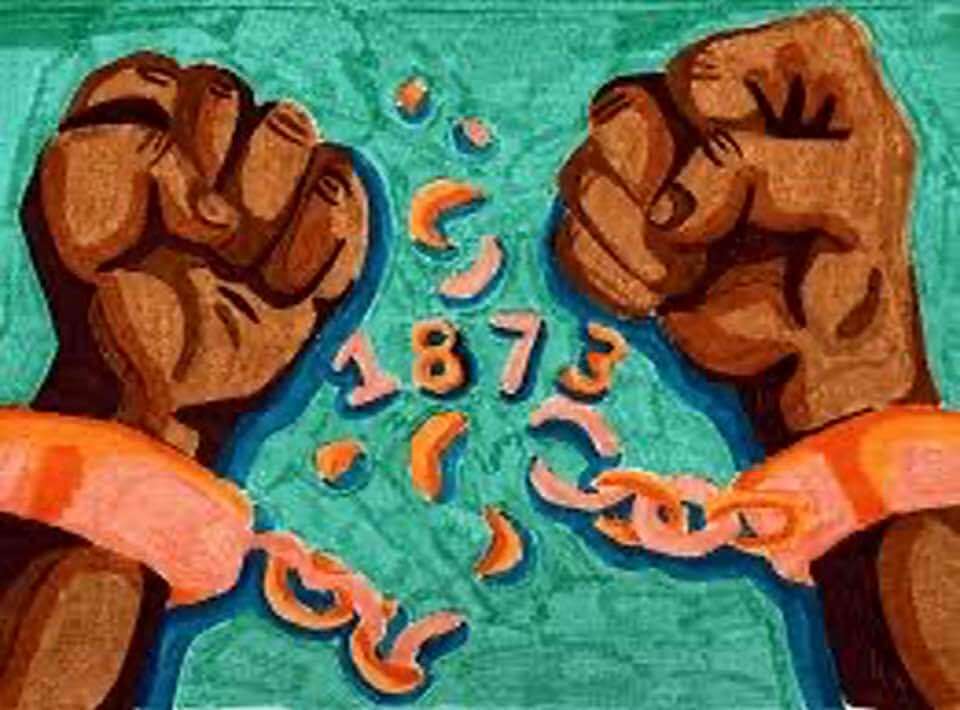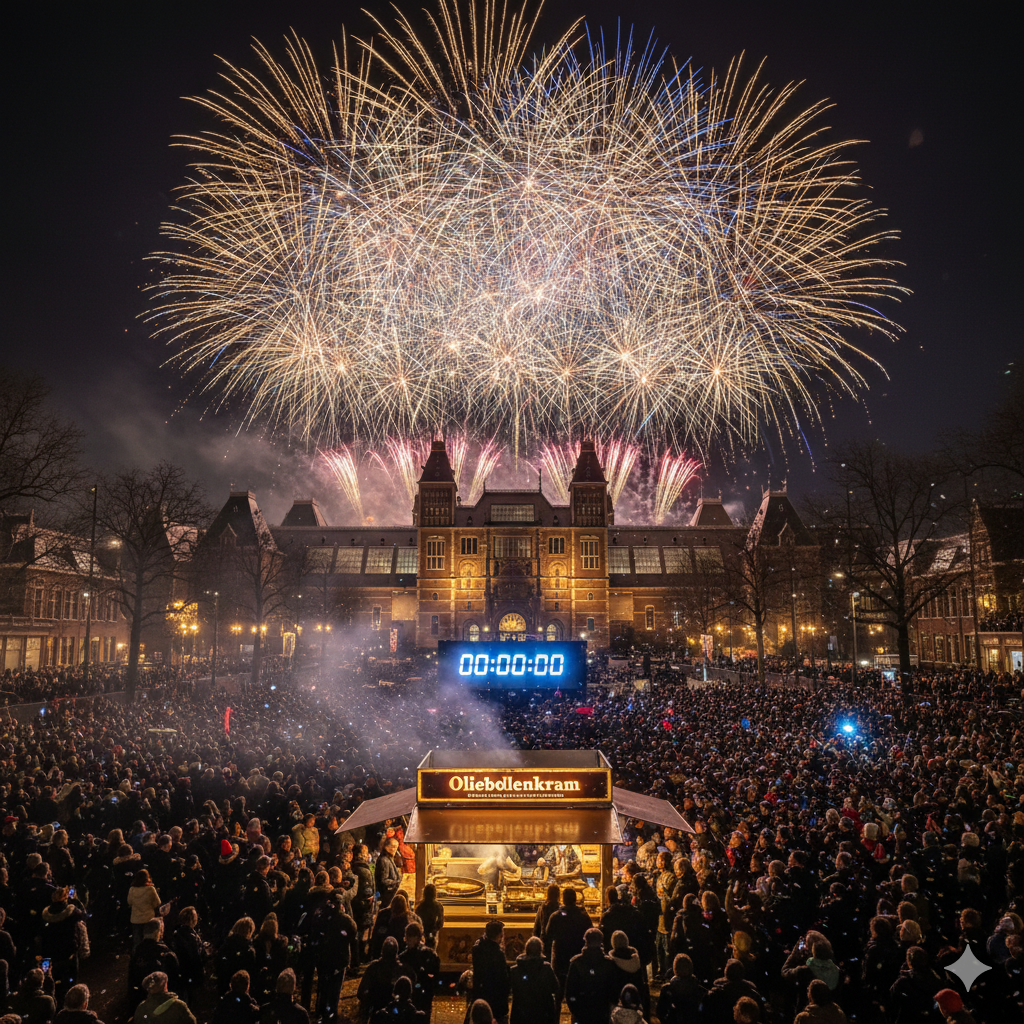In recent years, there has been a growing interest in Keti Koti in the Netherlands, including efforts to make it a national holiday.
But what exactly are we celebrating? And why is this day so important to all Dutch?
Slavery was abolished in 1863 and effectively ended in 1873, but its effects are still felt a century and a half later. Although whites are less aware of this than people of color. And it is precisely this difference of perception that regularly leads to polarization.
Keti Koti volunteers want to reduce these contradictions and increase empathy in the Netherlands. People meet and exchange experiences. The startup is thriving, getting a lot of support, and all kinds of big companies and government agencies say they’re ready to give their employees a Keti Koti day off.
It is demanded that July 1, when the Dutch slave trade ended, be commemorated as a national day by the families of those who lived as slaves in the past.
You know that European countries have never given good tests on slavery in the past. To face this, the Netherlands organizes a day called Keti Koti every 1 July. Moreover, last year, an official apology came from the Municipality of Amsterdam.
The Netherlands celebrates the ‘abolition of slavery’ on 1 July every year under the name of keti koti.
Keti Koti is celebrated as the festival of freedom in Suriname and ‘Keti Koti’ means ‘Chains Broken’ in Suriname .
In Suriname, a former Dutch colony, July 1 is known as ‘the feast of holidays, the day of freedom’ .
Historical Information …
On July 1, 1863, the Dutch Crown abolished slavery in Suriname and the Netherlands Antilles. About 45,000 African-origin slaves were freed on this date. Only 34,441 of them already lived in Suriname.
While the slave owners were given 300 guilders (Dutch florins) for each freed slave, no money was given to the people who were freed from slavery, moreover, they were obliged to do that work on the basis of employment contract for 10 years.
The best-known national commemorative statue of this black era was erected in Amsterdam’s park known as Oosterpark on July 1, 2002, and since 2009 citizens of African-Surinamese-Antilian descent and the city government have held the official day of commemoration on July 1st. A statue was erected in Rotterdam in 2013.
Various (information) activities are held during the month of June by the national Dutch Institute for the History of Slavery and Heritage each year, and this black page is spoken in schools and in various parts of the country.
At the commemoration event on July 1, 2021, Mayor of Amsterdam Femke Halsema made a statement for the role of the city of Amsterdam in this black page of the Netherlands.
In those years, the notables of Amsterdam earned a lot from slavery, they removed people of African origin from their homes without any remorse, separated their families from each other, put them on ships, started human trafficking, marketed people and decorated the walls of their houses in Amsterdam with the money they earned in a way that would show their wealth. He apologized to the city administration for the active role of the city administration in those years as the current Amsterdam administrators.
An apology is expected in other major cities of Utrecht, Den Haag, Rotterdam, and a national apology is said to follow in the coming years.




















































